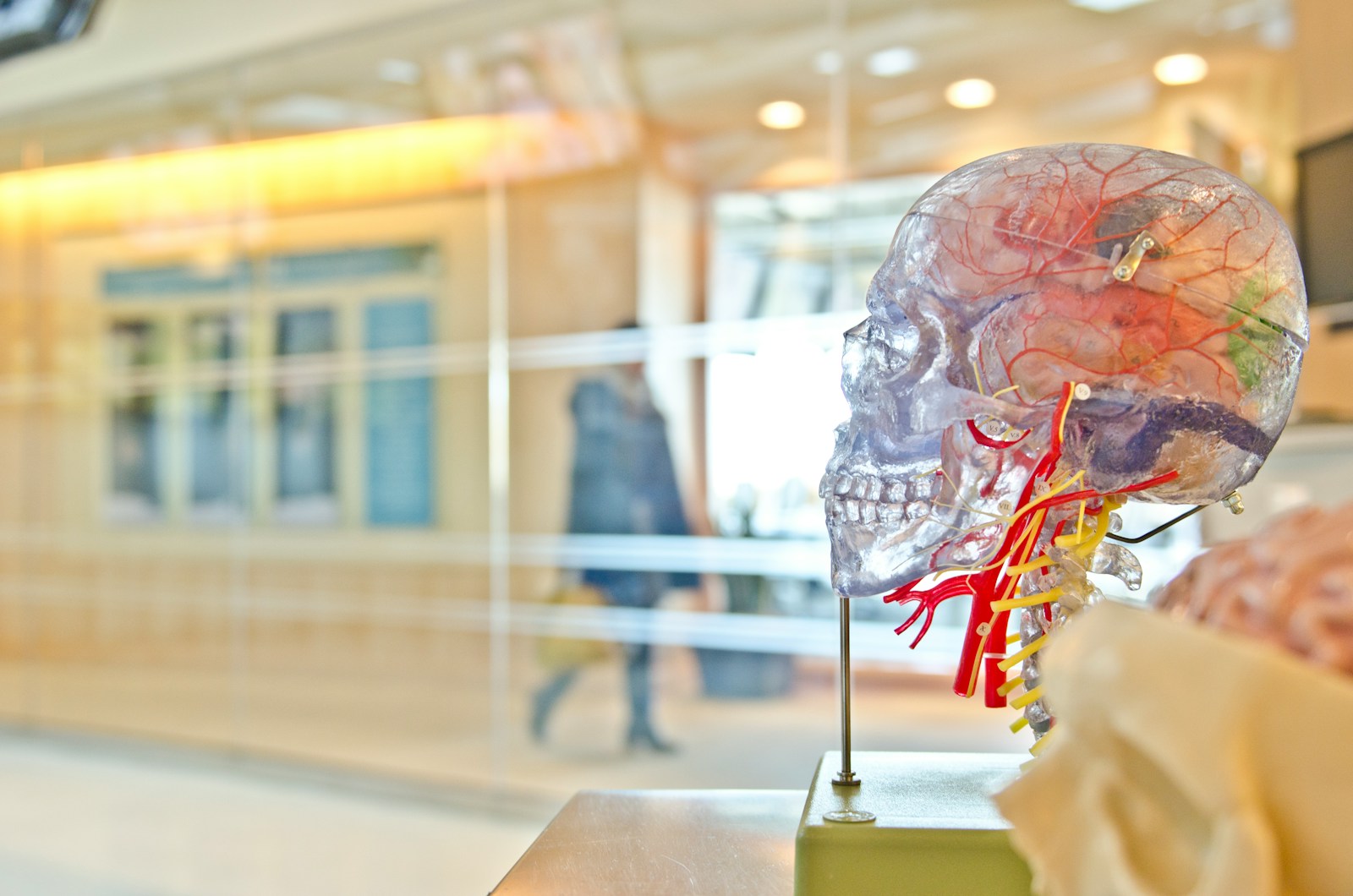Almost everyone experiences digestive issues at some point in life. These symptoms could include bloating, diarrhea, heartburn, or even constipation caused by food intolerance, medication, and digestive infections.

Your digestion system plays a vital role in breaking down food into nutrients. Therefore, you should make a few lifestyle changes to avoid digestion disruptions and improve your overall health.
If you experience digestion issues, try these tips and tricks to improve the process and alleviate common digestive problems.
Eat More Fiber
Fiber has many nutritional benefits. Two possible benefits are lowering body cholesterol and the risk of heart disease. Specifically with reference to digestion, fiber may reduce constipation and help provide relief to hemorrhoids.
Examples of great fiber sources to include in your diet are whole grains, fruits, vegetables, and legumes. Common nuts and seeds like pecans, almonds, chia seeds, and walnuts can increase your body’s fiber levels.
According to research, adults should take at least 30 grams of fiber daily.
Take Digestive Supplements
According to studies, there are some digestive supplements that may aid digestion and reduce inflammation and malabsorption. Thankfully, for instance, there is apple cider vinegar with green tea, which you can take to improve digestion and support overall immunity. Most supplements come in easy-to-swallow capsules, and you can easily combine them with other foods and drinks for easy absorption. Before buying your digestive supplement, check the ingredients to ensure you are not allergic to them.
Avoid Triggers
Some people only experience digestive issues when they take certain foods or drinks. The primary triggers for digestive problems are spices, processed substances, alcohol, acidic foods, and many more. Fatty foods or foods with high sugar levels can also trigger digestive issues.
Understand what causes the problem and avoid them. You can also talk to your nutrition expert about the best food supplements or the quantities you can take regarding the triggers.
Manage Stress
Too much stress not only affect your mental health but also your digestive system as well. Stress may trigger many gastrointestinal problems like inflammation, lack of appetite, bloating, and cramping.
If you are stressed, chances are you will regularly experience digestion problems. Since you may not be able to control stress triggers, you can learn to manage stress in other ways such as exercising or going for psychotherapy. Take good care of your body and talk to people when you are stressed.
Avoid Gas
Gas gets into your digestive system through drinking or swallowing. Excess gas in your body gets trapped in the gut and can result in bloating and stomach upsets.
Mild gas in your body is healthy, but too much can be dangerous. The main triggers for excess gas in your body are chewing gum, taking too many carbonated drinks, wearing poorly fitting dentures, and eating quickly.
Avoid anything that increases your gas in the body, and gently rub your belly whenever you feel the gas in excess. Similarly, the right portions of apple cider vinegar with green tea can help with bloating and improve your digestive health.
Hydrate
Low fluid intake can be a leading cause of constipation, among other digestive problems in your body. Therefore, you can significantly reduce the problem by increasing your fluid intake, like water, and sugar-free beverages. Take at least eight glasses of water per day and eat mindfully.
Bottom Line
Digestion issues are common, and you can reduce some through lifestyle changes. Home treatments, like taking apple cider vinegar with green tea, among other diet changes, could positively impact the problem. However, you should seek professional help if the problem persists for a diagnosis and a suitable treatment based on your symptoms.


